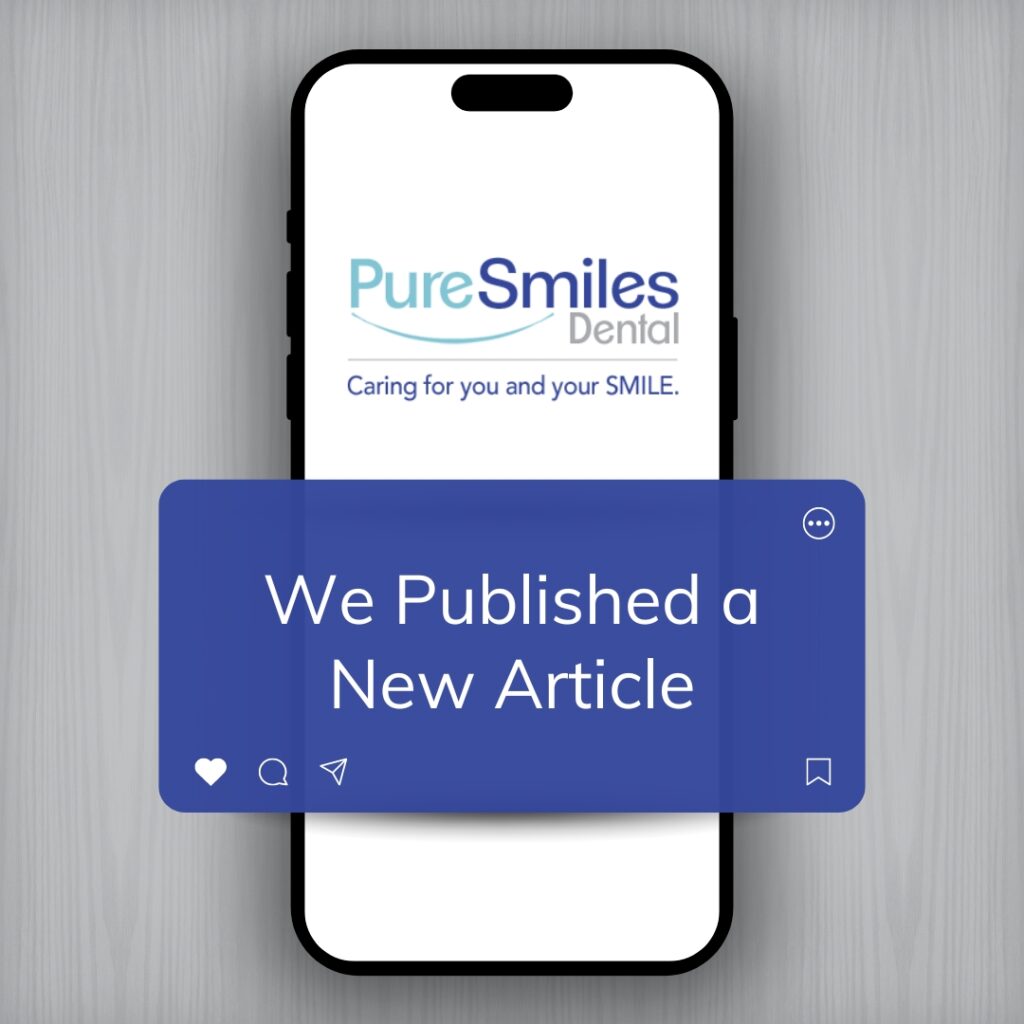
As a woman, you experience many hormonal changes throughout your life that can have an impact on your oral health. Fluctuations during puberty, pregnancy, and menopause can affect your gums and teeth. At Pure Smiles Dental of Gulfport, we believe it’s important for women to understand the connection between hormones and oral health to maintain a beautiful, healthy smile throughout every stage of life.
Puberty
- During puberty, hormonal changes can make gums more sensitive, leading to increased risk of gum disease.
- Symptoms include redness, swelling, and tenderness in the gums.
- Proper oral hygiene is key: brush twice a day, floss daily, and schedule regular check-ups with your dentist in Gulfport.
Menstruation
- Hormonal changes around your menstrual cycle can cause swollen gums, bleeding, or canker sores.
- Extra attention to oral hygiene and scheduling dental appointments outside of your period can help reduce discomfort and prevent complications.
Pregnancy
- Pregnancy causes significant hormonal shifts, leading to a condition called pregnancy gingivitis, which causes red, swollen, and tender gums.
- The increased hormone levels make gums more sensitive to plaque, leading to inflammation.
- Maintain thorough oral hygiene and visit your dentist regularly for cleanings to ensure your oral health stays optimal during pregnancy.
Menopause
- Menopause causes hormonal fluctuations that can result in oral health issues like dry mouth, which increases the risk of tooth decay and gum disease.
- Bone loss in the jaw can also occur, potentially leading to tooth loss.
- Regular dental visits and proper oral care are essential to address any concerns and maintain a healthy smile during menopause.
Tips for Maintaining Oral Health:
- Practice proper oral hygiene: Brush your teeth at least twice a day and floss daily to remove plaque and bacteria.
- Visit your dentist regularly: Schedule check-ups and cleanings to monitor your oral health and catch potential issues early.
- Communicate with your dentist: Inform your dentist about any hormonal changes or medications you are taking that may affect your oral health.
- Eat a balanced diet: Include calcium, vitamins, and minerals in your diet to support strong teeth and gums.
- Manage stress: Stress can negatively impact your oral health, so find healthy ways to manage stress, like exercise, meditation, or engaging in hobbies you enjoy.
By understanding the connection between women’s hormones and oral health, you can take proactive steps to maintain a healthy smile throughout different stages of life. Prioritize your oral hygiene, visit your dentist regularly, and communicate any concerns with your dental care provider. A healthy smile contributes to your overall well-being and confidence. To learn more, contact us today to schedule an appointment!





